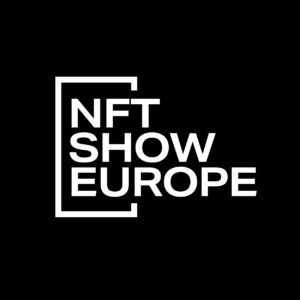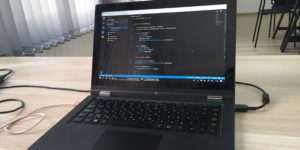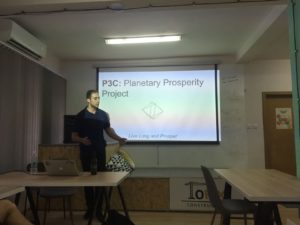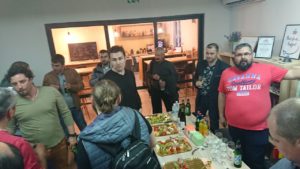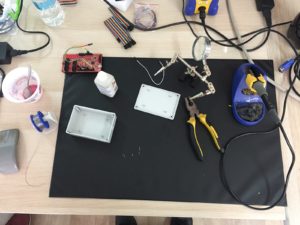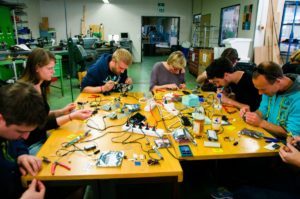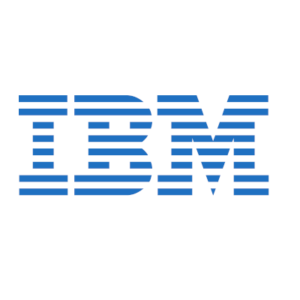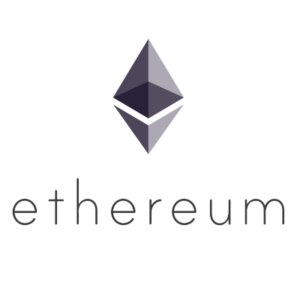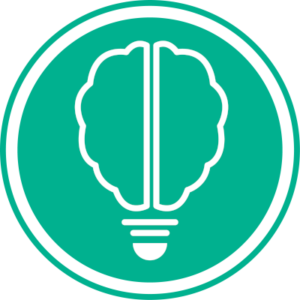NFT Show Europe maps out the metaverse by connecting blockchain...
Read MoreWHAT WE DO
CryptoVarna is an independent organization promoting and advocating the blockchain technologies and decentralized services. We organize events, perform workshops, participate in projects and present local companies to the world.
EVENTS
We organize events, meetups, lectures and workshops. Also we participate in local and international conferences.
PROJECTS
Our members are top level developers and other experts as well as companies, working on innovative Blockchain and other DLT projects.
CONSULTING
We consult business and government institution about the options to use novel technologies for commercial or public services.
TEAM
We are engineers, we are entrepreneurs, we are marketers, we are economists, we believe in the future of the distributed technologies

Yavor Arnaudov, Ph.D
Experienced Software Engineer with background in Physics and with knowledge of product development for the marine industry. Strong engineering professional with a PhD in Acoustic NDT from University of Warwick.

Julian Sapundzhiev
I'm software developer, serial entrepreneur and hardware enthusiast. I have more than 15 years of experience in software development and founded couple of innovative startups. I spend my free time sharing knowledge and supporting the tech community in my home town Varna.
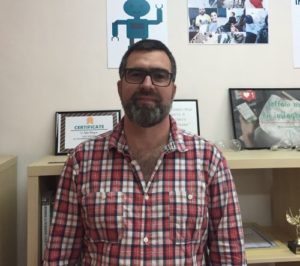
Todor Dragnev
With more than 20 years in the
IT industry, built city-level networks and fintech software. Expert in server architecture, network architecture, security, HA, network and OS security.

Anton Andonov
Physicist, Head of Computer Science Laboratory, Entrepreneur and CEO of Quanterall.

Marten Demirev
Experienced at management, administrative work, legal assistance, negotiation, business communication and development. Valuable skill: experience in project management, worked with EU projects and funds.

Galin Dinkov
Self-taught programmer, worked on wide variety of projects and technologies. Founded and managed several companies mostly in the game development with international success. Blockchain evangelist and cryptography worshiper.
GET IN TOUCH
Join us or work with us
Our Head Quarters
1 Sofia str, Varna 9000, Bulgaria
Drop us a message
info@cryptovarna.com
